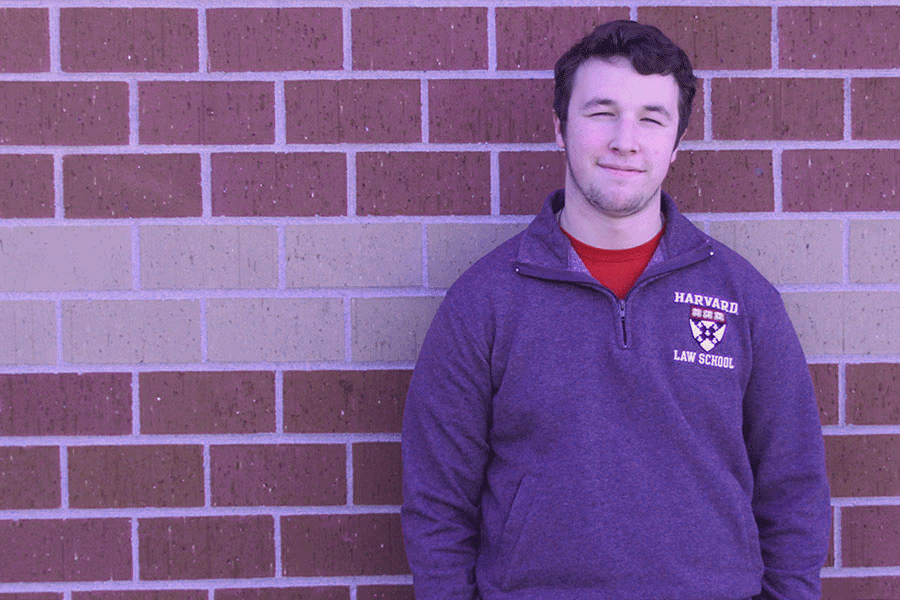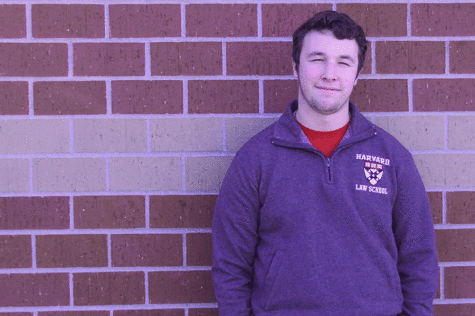Allies need to focus on transgender rights
Transgender people are too often forgotten when it comes to rights and awareness of the LGBT community
February 5, 2015
“Fix society. Please.” These were the final words of 17-year-old transgender girl Leelah Alcorn’s suicide note that she posted on blogging website Tumblr on Sunday, Jan. 28.
Leelah’s story isn’t uncommon. According to The Trevor Project, a non-profit organization that focuses in suicide prevention among Lesbian, Gay, Bisexual and Transgender youth, nearly half of all transgender youth have thought seriously about taking their own lives, and a quarter will make an actual attempt. Despite this, many members of the general public, and even those of the LGBT community, are not educated on the existence and struggles of transgender people.
A transgender person is someone whose gender identity (an internal, deeply held sense of one’s gender) does not match the sex they were assigned at birth, as opposed to cisgender people, whose gender identity and assigned sex match. The clash between assigned sex and gender identity is so often what drives transgender people to feel as though they don’t belong, or in some cases, that they are immoral or sinful.
The 21st Century has been monumental for the advancement of many aspects of the LGBT movement. Marriage equality has made its way to 36 states and The District of Columbia, and many states are adopting policies that protect the harassment or discrimination against members of the LGBT community. However, despite the apparent successes for civil rights, these policies almost always primarily benefit white, gay men. Transgender people are left in the dust as allies rally around gay rights, focusing their attention on same-sex marriage, while transgender poverty and homicide rates rise to alarming levels. Though people claim to support the LGBT community, many will only come to the side of the LGB community at most.
This erasure of the existence of transgender people is ironic, seeing that transgender women of color were at the forefront of the Stonewall riots, the spontaneous and impassioned demonstrations of 1969 that arguably spurred the modern LGBT movement as we know it.
In a society where members of the LGBT community are already ostracized within their own social circles and families, it is a tragedy that transgender people often cannot find solace with the persons who can understand them the most.
Leelah sought for her death to mean something. She dreamed of a world where transgender people have open access to transgender-specific health care, and gender identity is taught in health classes as often as contraception. Whether or not the public, especially the LGB side of the LGBT community, should be educated on transgender issues is not a question — it is essential to the acceptance and survival of the transgender community.









